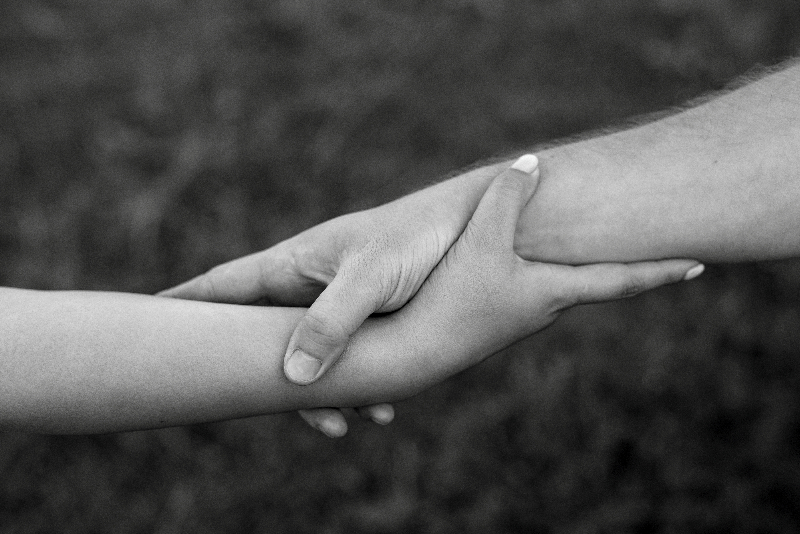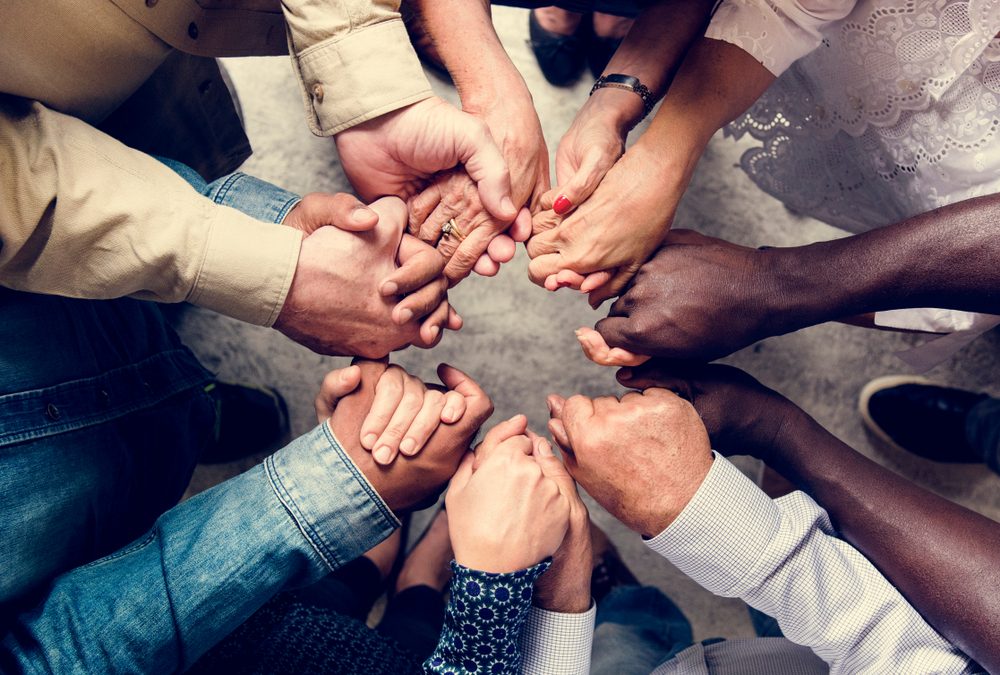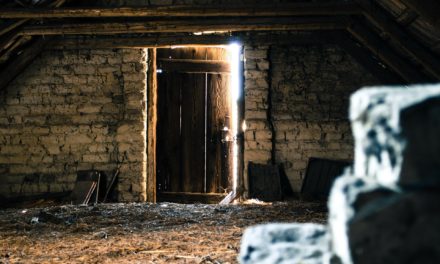We—my family and I—have been on our church’s prayer list for more than five years now. A prayer list, as I have explained to my husband, is a list of people who need prayer. And the prayer circle, is a committed group of people who pray—at home, on their own—for the people on the prayer list.
We’ve been on the list for more than five years, at my request. My husband raises an eyebrow when I tell him. “Is that a good thing?” he asks, “or a funny thing?” He is genuinely curious, as he doesn’t quite get the whole prayer thing, and, come to think of it, this is probably the first he has heard of us being on the prayer list. However, I can certainly argue, if needed, that his agnostic and slightly church-antagonistic self would be the first to admit that we might need a few prayers. With our daughter’s brain surgery, strokes, and her subsequent aggressive outbursts and need for significant (albeit background) support, we could certainly use a little bit of help beyond what the local health integration network provides. God, Good, Higher Power, Community, all are welcome in our house. And so we, all three of us, are on the prayer list.
We are not so much recidivists, as lifers, I am beginning to think. And the only long-termers that I have seen so far, in my however many years of being a part of the prayer circle. For people come onto the list, and then, usually, leave. They heal, they come to terms with their pain or grief, or they die. None has remained on that list for as long as I keep us there. I am beginning to wonder if someone should call Guinness Book of World Records. How long is too long on the prayer list? What, exactly, is prayer list etiquette?
Sometimes I want to take us off the prayer list, feeling that we are using up so much of the universe’s prayer energy that might be better spent on other brokenness or grief in this fractured world. But my persistent commitment to being truthful, always my undoing, keeps us there. I could pretend that we are healed, are whole, can manage now. But that is not true. We are exhausted full-time caregivers with a young woman who has bouts of aggression that leave our house and hearts ravaged.
So. No. I am not willing, yet, to take us off the prayer list. I cannot say to the circle of people who pray for us: we’re fine. Cannot say: God has healed us, your prayers have healed us. For we are not so much healed as held and still need holding. Job-like, we continue, and we (or at least I) continue the conversation with God, and I hope, unlike Job’s friends, the circle doesn’t abandon us.

For community is what held and holds us together. That in the middle of a violent outburst, or probably the next morning, I know someone is praying for us. For Jessie, for the functioning of our brains and our lives and our interconnectedness. But still the aggression, the part of the frontal lobe that was so damaged by the watershed stroke after surgery is, well, damaged. And all the plasticity or prayer in the world cannot rewire. It is complicated, just like her brain. And so is our grief. There is a name for this kind of loss or grief—for missing persons, for those changed by injury, for those whose partners have dementia. It’s called complicated grief or ambiguous loss. And it requires years on the prayer list.
And so, I stay. I am your reminder that sometimes things do not heal quickly. I play proxy for those thrust suddenly into being caregivers, for those living in a war zone, those with post-traumatic stress disorder, for the continually oppressed. I am your reminder that prayer does not heal everything immediately. That there is no limit to grief and loss and that community is sometimes the only thing that holds people together.
A neighbour called me early one morning last week. She had just found out that her 20-year-old daughter, Marie-Alba, had a large brain tumour and needed surgery. She had heard our story and reached out. After our conversation, not knowing her spiritual background or practices, I texted: “I’m a praying kinda girl/old lady, so, with your permission, I’ll pray and add her to our church’s prayer list.” She texted back: “Yes! Please add her to your church’s prayer list. I’m that kind of old lady too! We need it!” Not wanting to hold out too much hope and trying to inject a measure of light-heartedness into this challenging situation, I replied: “I’ve had our family and Jessie on the prayer list for 5 years!” “Beautiful,” she replied, “it really works!”
I laughed out loud. It doesn’t feel like anything is working. There are sharp edges, things that poke up and pierce us as we try to piece together a mosaic out of all the treasured bits of ourselves that have been shattered. But my neighbour’s comment reminds me that there has been healing and there has been blessing. Jessie did not die. She is not aggressive ALL the time. In fact, she can be her most lovely, charming, witty self most of every day. And through it all the community fed us, tended us, held our hands, let us cry, and yes, prayed for us. We are not whole all of the time, but we have found a new kind of wholeness that we inhabit much of the time.
So when the prayer coordinator calls, again, as she does every season of every year, to see if we still want or need to be on the prayer list, I will say yes. Maybe part of praying and being prayed for is opening up your wounds to the world, offering them up as a kind of prayer, so others can find you when they need you.
As I write, the neurosurgeons are sawing through Marie-Alba’s cranium and excising the tumour that lives there. And we are praying. As countless prayer circles around the world do. Weaving a web of hope, care and concern into a universe defined by love.








As complicated as the brain itself – you have put it so well, Nancy. I’m sure you have taken others into your circle of support by your words also.